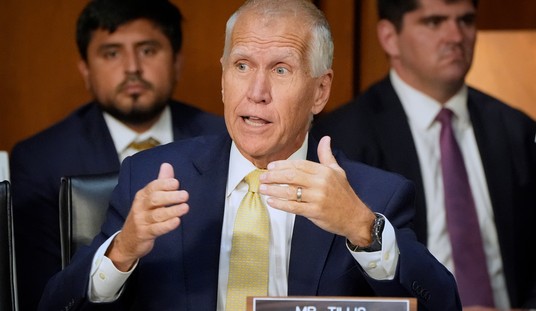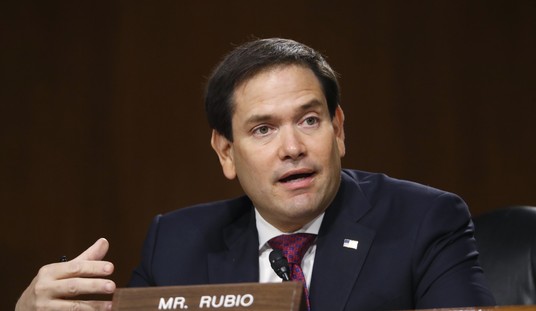WASHINGTON — Whereas the appointment of former DIA director Mike Flynn was followed by heated controversy on Capitol Hill, today’s appointment of Lt. Gen. H.R. McMaster as national security advisor drew plaudits and hope from both sides of the aisle.
Deputy White House press secretary Sarah Huckabee Sanders sent word to the press pool traveling with President Trump in Florida that he “gave full authority for McMaster to hire whatever staff he sees fit.”
McMaster’s previous roles include director of the Army Capabilities Integration Center, director of Combined Joint Interagency Task Force-Shafafiyat (CJIATF-Shafafiyat) at International Security Assistance Force headquarters in Kabul, and deputy commanding general at U.S. Army Training and Doctrine Command.
The administration said McMaster will stay on active duty while in his White House role, as Brent Scowcroft did under President Ford and Colin Powell did under President Reagan. He flew from Florida to Washington with Trump today on Air Force One.
McMaster did not answer questions from the White House pool on when he was offered the position. Retired Vice Adm. Bob Harward was reportedly offered the job last week and turned it down.
Retired Lt. Gen. Keith Kellogg will be National Security Council chief of staff. “I think that combination is something very, very special,” Trump said.
House Armed Services Committee Chairman Mac Thornberry (R-Texas) noted that McMaster “is tremendously respected and admired as someone who is willing to look at things afresh and to make changes where needed.”
“He has the ability to make an outstanding national security advisor,” Thornberry added.
Senate Armed Services Committee Chairman John McCain (R-Ariz.), who said Friday at the Munich Security Conference that “the Flynn issue obviously is something that shows that in many respects this administration is in disarray and they’ve got a lot of work to do,” called McMaster “an outstanding choice.”
“I have had the honor of knowing him for many years, and he is a man of genuine intellect, character, and ability. He knows how to succeed,” McCain said in a statement today. “I give President Trump great credit for this decision, as well as his national security cabinet choices. I could not imagine a better, more capable national security team than the one we have right now.”
Sen. Chris Coons (D-Del.), a member of the Senate Foreign Relations Committee, told CNN that McMaster is “a good selection” and “what I have been able to read and to hear about him is all positive: his training, his experience, his education, his willingness to stand up and challenge folks where he disagrees with them.”
“I’m encouraged that he’s going to be a strong contributor as national security advisor,” he added.
Coons noted that “the fact he’s been critical of leadership in Iraq and the historic leadership in Vietnam and yet been promoted and been successful in the military suggests that he has the character and the integrity to be able to bring tough messages and yet succeed.”
“As you well know, Steve Bannon will be a challenging opponent for him on the National Security Council. And I do think that it’s a positive that we’re moving to a national security adviser who is not ideologically motivated, but who is rooted in America’s national security interests,” the Delaware Dem continued.
“I do think that Steve Bannon has injected an air of politics into the National Security Council. And given how difficult this period is, given the challenges that President Trump is facing from Iran and North Korea launching ballistic missiles, to the challenging conflict in Syria and Russia’s provocative actions, he needs a strong national security team. And I’m encouraged by everything I have heard about this general and the role he may play on the National Security Council.”
Rep. Ruben Gallego (D-Ariz.) told CNN that McMaster is “very well-known and very well-respected,” citing his 1997 book on the Vietnam war, Dereliction of Duty, in which he argued that the war was lost in D.C. as military brass didn’t speak up.
“The problem is this may still just be, you know, lipstick on a pig. Right now the foreign policy and our national security policy is basically being run by Bannon and also by Donald Trump’s tweets. The combination of those two things has made it very unstable. This is why other people that have tried to or were interested that that position have walked away,” he added.
“And I think the best thing that could happen is for McMaster to actually have full control.”
The member of the House Armed Services Committee said Trump “needs to do his duty” as there are “too many appointed positions that still need to be filled in the Department of Defense, and it’s getting troublesome for a lot of us to understand where the policies are being generated from.”
Rep. Adam Kinzinger (R-Ill.) underscored that even if McMaster “is willing to speak out and say we can’t keep doing things like we are doing,” Trump is still president and “makes the decision.”
“President Bush went against the advice of some of his generals and did the surge in Iraq, which was right. So he has to understand that his role is to be an adviser to the president, to give him the best advice he can, but ultimately he has to do what the president says,” Kinzinger told CNN.
“But I think he has the kind of pedigree and I think he has the kind of reputation to be able to challenge President Trump. And I think that’s what President Trump frankly wants as he tries to get his NSC in order.”









Join the conversation as a VIP Member